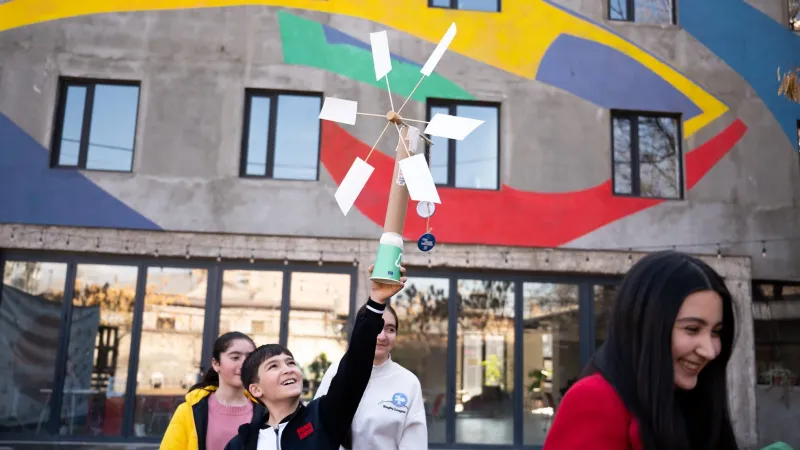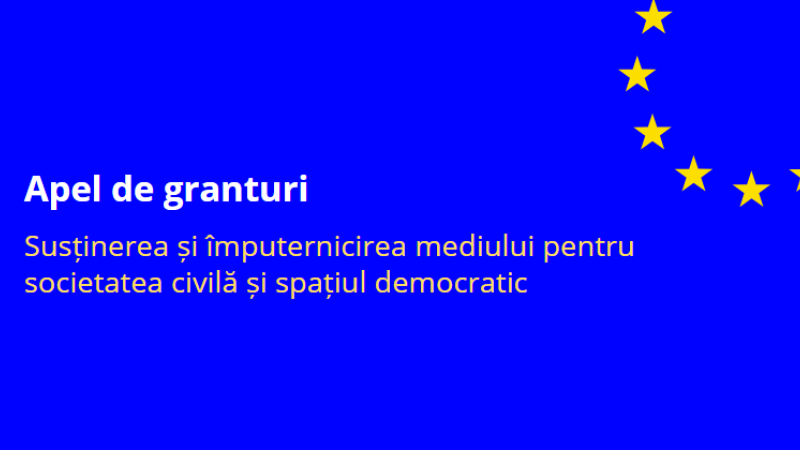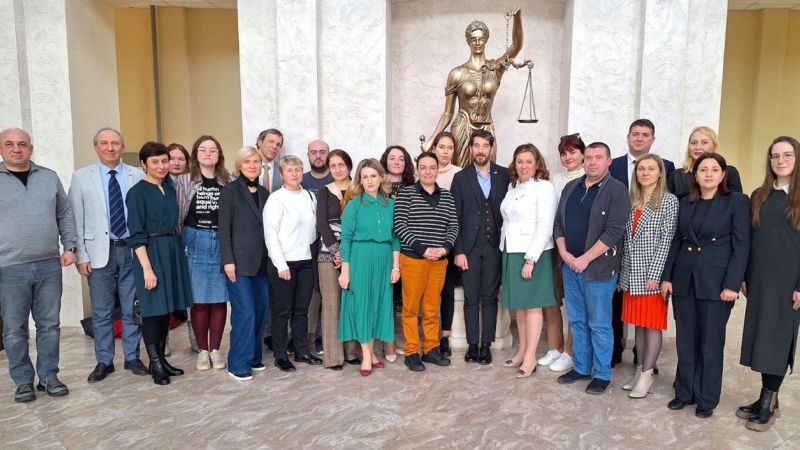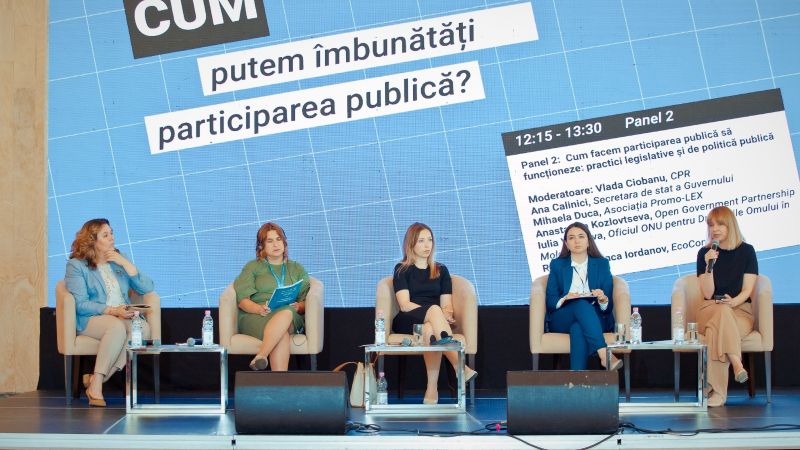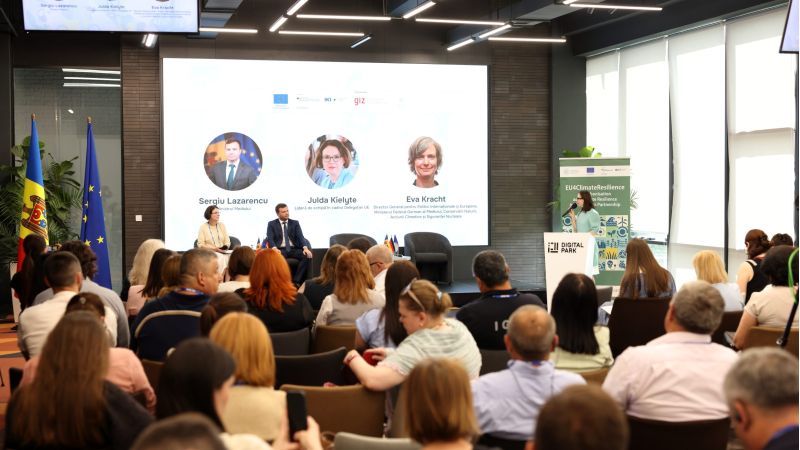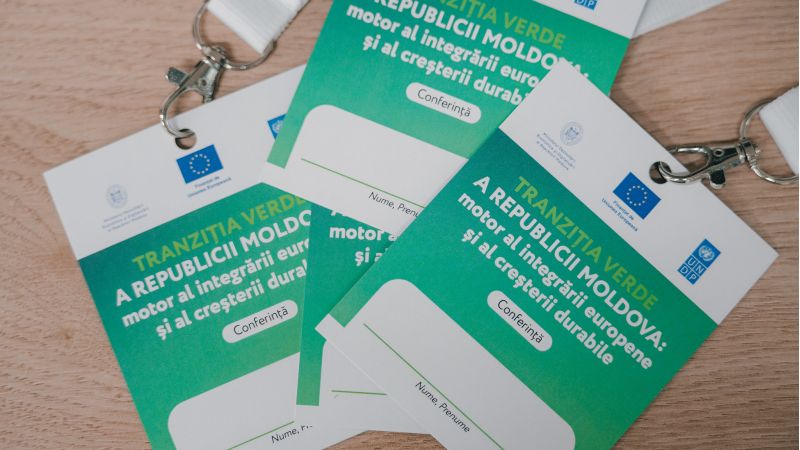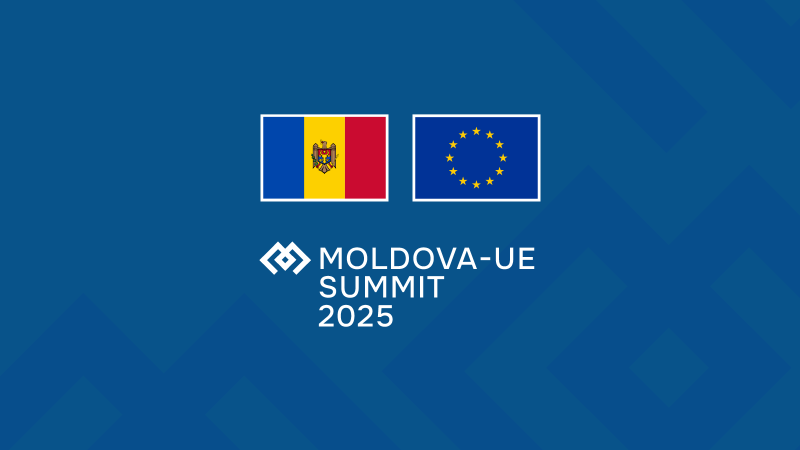
Sistemul operațional de control al ajutoarelor de stat în conformitate cu standardele UE – un instrument pentru o dezvoltare economică sănătoasă
Proiectul finanțat de UE „Sprijin pentru dialogul politic structurat, coordonarea implementării Acordului de Asociere și îmbunătățirea procesului de aproximare legală” a oferit expertiză și sprijin Consiliului Concurenței al Republicii Moldova în eforturile sale de a îmbunătăți practica în domeniul ajutorului de stat în conformitate cu sistemul existent în Uniunea Europeană. În perioada noiembrie 2020 – octombrie 2021, o echipă de experți din Letonia și Ungaria a colaborat îndeaproape cu autoritățile din Republica Moldova privind respectarea obligațiilor sale care decurg din articolele 339 – 342 din Acordul de asociere cu Uniunea Europeană și Comunitatea Europeană a Energiei Atomice și statele membre ale acestora (Acordul de asociere) în domeniul ajutorului de stat
Obiectivele modernizării ajutoarelor de stat în Uniunea Europeană (UE), care a început în 2012, au încurajat guvernele statelor membre să acorde „ajutoare bune” care să stimuleze creșterea economică, crearea de locuri de muncă și obiective de interes comun. Acordarea ajutoarelor bune înseamnă că acestea sunt destinate să sprijine obiective orizontale în cadrul schemei de ajutoare de stat care pot fi utilizate pentru mai multe întreprinderi. Măsurile care oferă beneficii doar anumitor întreprinderi prezintă un risc mai mare de denaturare a concurenței, deoarece există o discriminare între întreprinderile care primesc asistență și cele care nu o primesc.
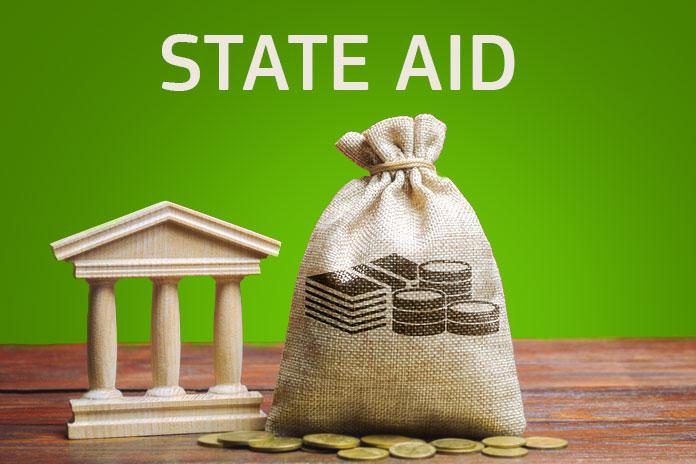
Cadrul juridic al UE privind ajutoarele de stat prevede aplicarea acelorași condiții de concurență pentru toate statele membre, indiferent de nivelul de bunăstarea al acestora, evitându-se astfel, pe cât posibil, o competiție a subvențiilor între mai multe state membre.
În ceea ce privește ajutorul de stat eficient, intervențiile guvernelor trebuie să completeze forțele pieței și să direcționeze sprijinul către eșecurile bine definite ale pieței pentru a le remedia, de exemplu, prin acordarea de sprijin pentru protecția mediului, încurajarea utilizării energiilor regenerabile, investiții în cercetare și inovare orientate către piață și atragerea de investitori în teritoriile mai puțin dezvoltate ale țării.
Trebuie remarcat faptul că ajutorul de stat se acordă în detrimentul banilor contribuabililor. Prin urmare, este important să se concentreze ajutoarele de stat pe tipurile de sprijin care sunt esențiale pentru creșterea economică a țării și să se limiteze intervențiile guvernului pentru a sprijini companiile ineficiente (companii în dificultate) pentru a le menține pe piață, de exemplu, fără un plan de restructurare adecvat. De asemenea, în cazul în care ajutorul de stat nu are efect stimulativ, adică atunci când ajutorul de stat este plătit pentru activități pe care compania beneficiară le-ar întreprinde oricum, acordarea de ajutoare de stat este considerată o risipă de resurse publice.
Politica UE privind ajutoarele de stat este un instrument esențial pentru a asigura o utilizare mai bună și mai eficientă a resurselor publice și se aplică în mod egal în toate statele membre ale Uniunii Europene (UE). Prin urmare, pentru a face parte din piața internă a UE, este esențial ca Moldova să își alinieze legislația în domeniul ajutoarelor de stat la cea a Uniunii Europene.
În UE, definiția generală a ajutorului de stat este prevăzută la articolul 107 din Tratatul privind funcționarea Uniunii Europene (TFUE).

Prin semnarea Acordului de asociere la 27 iunie 2014, Republica Moldova s-a angajat să instituie un sistem de control al ajutoarelor de stat pe deplin operațional până în septembrie 2019.
Unele dintre principalele realizări ale Republicii Moldova în vederea introducerii unui sistem național de control al ajutoarelor de stat care să funcționeze corespunzător sistemului Uniunii Europene sunt rezumate mai jos.
Cadrul juridic privind ajutoarele de stat În 2012, Moldova a adoptat Legea cu privire la ajutorul de stat (denumită în continuare „Legea”). În 2014, 2018 și 2020 au fost introduse modificări la lege. Legea cu privire la ajutorul de stat definește principalele principii care decurg din Tratatul privind funcționarea Uniunii Europene, precum și din normele secundare ale Uniunii Europene în domeniul ajutorului de stat. Totodată, Legea prescrie procedurile aplicabile pentru îndeplinirea funcțiilor de control al ajutoarelor de stat în Republica Moldova. Mai mult decât atât, Republica Moldova a adoptat un număr extins de legislații secundare care urmează a fi utilizate pentru evaluarea compatibilității ajutorului de stat, însă majoritatea regulamentelor Consiliului Concurenței sunt depășite în comparație cu cerințele legislației UE privind ajutorul de stat. Prin urmare, este vorba de un proces continuu, deoarece legislația UE în domeniul ajutoarelor de stat nu este statică, ci se modifică periodic (în medie la fiecare 5-8 ani). Acest lucru, la rândul său, necesită ca Moldova să urmărească îndeaproape cele mai recente modificări ale legislației UE și să ajusteze sau să înlocuiască actele juridice moldovenești cu noile regulamente ale Consiliului Concurenței. Având în vedere modificările preconizate în cadrul juridic al UE privind ajutoarele de stat în 2021 și 2023, este important să se planifice o revizuire substanțială a legislației secundare moldovenești referitoare la ajutoarele de stat în 2021 – 2024.
Organizarea controlului ajutoarelor de stat Acordul de asociere prevede că, până în septembrie 2016, Moldova trebuie să instituie o autoritate independentă din punct de vedere operațional, căreia să i se confere competențele necesare pentru controlul ajutoarelor de stat. Consiliul Concurenței este singura autoritate din Moldova care are competența de a decide cu privire la conformitatea ajutoarelor de stat cu Legea privind ajutoarele de stat și, în consecință, de a acorda permisiunea de a pune în aplicare anumite măsuri de ajutor de stat sau de a interzice punerea în aplicare a anumitor măsuri de ajutor de stat, în cazul în care acestea dăunează concurenței.
Consiliul Concurenței dispune de birouri teritoriale, a căror competență este de a oferi consultanță autorităților de acordare a ajutoarelor de stat din regiuni, de a identifica potențiale măsuri de ajutor de stat, inclusiv ajutoare de minimis, de a oferi asistență în utilizarea SIA RAS (Registrul ajutoarelor de stat), de a oferi sprijin în ceea ce privește raportarea anuală, inclusiv raportarea ajutoarelor de stat de minimis acordate, de a monitoriza implementarea măsurilor de ajutor de stat în regiunile aprobate de Consiliul Concurenței, de a participa la procedurile de investigare a ajutoarelor de stat inițiate, precum și de a organiza seminare și mese rotunde pentru a promova reforma în domeniul ajutorului de stat în Moldova.
De asemenea, echipa de experți a oferit suport prin elaborarea unui Raport de evaluare privind „Aspectele juridice, procedurale și instituționale ale sistemului de control al ajutorului de stat în Uniunea Europeană și în Republica Moldova”, care a fost transmis instituțiilor relevante în domeniul ajutorului de stat, conținând recomandări de îmbunătățire, inclusiv activități de sensibilizare.
Proiectul finanțat de UE „Sprijin pentru dialogul politic structurat, coordonarea implementării Acordului de asociere și îmbunătățirea procesului de aproximare legală în Republica Moldova” are drept scop creșterea capacităților Guvernului Republicii Moldova și ale altor instituții naționale cheie în implementarea Acordului de Asociere UE-Republica Moldova. Activitatea proiectului este structurată în 4 componente care contribuie la consolidarea în continuare a dialogului politic structurat cu societatea civilă, la îmbunătățirea mecanismelor de elaborare a politicilor pentru bugetarea adecvată a documentelor strategice, la sprijinirea procesului de aproximare legală prin furnizarea de expertiză tehnică și consolidarea capacităților, precum și la modernizarea sistemelor informatice din administrația publică, sprijinind punerea în aplicare a Acordului de asociere. Proiectul este implementat de un consorțiu condus de DAI – Human Dynamics pentru o perioadă de implementare de cinci ani.
